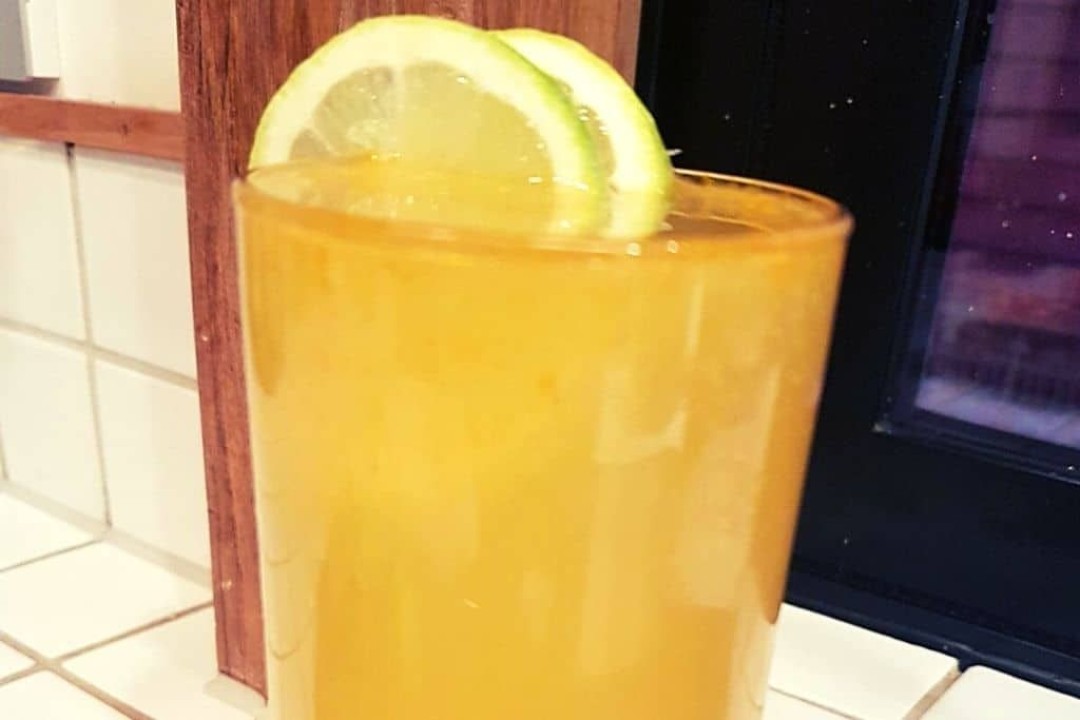August - Meditation
August 9th, 2023 Guest Posts
Meditation – by @suek
========
I have long been fascinated by meditation. Mostly the look of it. I loved the Yoga Journal photos of serene-looking women with their perfect posture, perfectly composed faces, flowy clothes, flowy hair, exquisite crystal jewellery. They looked so damned peaceful. So self-contained and quiet. I really wanted to be one of those peaceful and quiet people. But I was not. I was jittery and squirmy, busy, worried, and nervous. And either dying for a drink or a bit sloshed already. None of these things matched the Yoga Journal image, so I kept wishing for that kind of peace and quiet, and never being able to have it.
I did experiment with meditating over the years, but I was always a complete flop. My body hurt when I tried to sit still, and my mind babbled on and on with its endless grievances and broken-record whining. Drinking and meditating did not go together!
Fast forward to today, and meditation is one of my top self-care practices. I keep it super simple. My practice is simply to “sit quietly doing nothing” for a 30-minute stretch, every day, first thing in the morning. If I do this, I get to feel mostly peaceful all day. It’s gold.
But let’s back up. Those daily 30 minutes, adding up to peace, were hard won and almost as difficult to pull off as quitting drinking!
Sit and stay
Early in my sobriety, I realized how much my habitual drinking had been a subconscious attempt to calm my over-stimulated nervous system. I believe I had left-over PTSD from childhood. I was hyper vigilant, constantly on-the-ready for shit to go down, constantly feeling like I was going to get in trouble for something, or somehow be wiped out. This is extremely exhausting when it goes on for years. A big glass of wine after a day on the battlefield (everywhere was a battlefield in those days) would flood my body with a sweet balm that signalled relax time. We all know that this kind of fake relaxing requires ongoing applications of booze. The subsequent relaxation is short-lived, and quickly converts to anxiety… but whatever. Quitting drinking took that instant flood of sweet relaxation off the table, and I really needed a substitute.
Many of the sobriety books recommended meditation as a way to relax, and I decided to give it another go. At first I went through all the same old jittery jumpiness and mental turmoil. I could sit still for maybe a minute before I had to jump up, and that minute was the most excruciating part of my day. After a few weeks of trying and failing, I signed up for a free online course. This was a big help at getting on top of the “sit and stay” component of meditating. Before we can start getting mental and psychological benefits, we need to at least be able to sit still. Joining that class gave me the practice to do that. Just for 10 minutes at a time. But over a year, those 10 minute sessions helped me get into a habit, and gave me a solid foundation to build my time up to 30 minutes.
There are plenty of free online meditation resources. Just hunt around, pick one and stick with it. None of them will be “perfect”, and it’s pointless jumping from one to the other. Just find someone with a voice that doesn’t irritate you, and do what you’re told! (Sit! Stay!) Eventually you can take these training wheels off, but they are invaluable for getting started.
Don’t just sit there
Once you can sit still and do nothing for a few minutes, you can start experimenting with the mental aspects of meditation. I initially expected that meditation would involve having an empty mind—but no, that’s not how minds generally work. Minds are naturally full of thoughts. Potentially millions of them, covering an infinite number of topics all at once. Even when we are asleep our minds are not empty or quiet.
When I meditate, I sit down, set a timer, and keeping my body as still as possible, I have a good look at what is going on in my head. Sometimes (very rarely) there’s relative quiet in there; usually there’s a cacophony of thoughts. I sit and pay attention as closely as I can. I notice how the thoughts drift or jump from one thing to the next with little logic or reason. I notice how some thoughts balloon into catastrophes. And some just dissolve. Some thoughts repeat over and over—especially in the Complaints Department. Some stories are on automatic replay for months or years, particularly the ones where I was wronged. Particularly the revenge fantasies! The trick is to watch it all, as if it were separate from me, like watching a movie or listening to a podcast.
This process of getting to know my own mind is extremely humbling, but also incredibly interesting! Here’s what I have learned about my own mind and thoughts in the past 10 years of sober meditating:
- Most of my thoughts are dull, repetitive, and boring
- Many of my thoughts are fantasy-based, not reality based
- My thoughts are not me—they exist separately from me—they seem to arise in my brain, but they are not my brain. They come and go as they please. They are their own thing, with a key to my mental space
- My thoughts change constantly, even though they repeat endlessly
- Left unchecked, my thoughts mushroom to take up all my mental capacity, leaving no space for any creativity, positive imagination, and new thinking
- If I watch TV or movies, the characters, themes and plots take up residence in my mind and dominate my thoughts (in a way that reading books does not)
- My thoughts are not necessarily true. Therefore, I don’t have to believe everything I think! Game changer!
- I’m probably never going to be able to control my thoughts, but I certainly can exercise my ability to scrutinize them, and decide if they are worth entertaining or not
- My mind is a sponge. I can add “wanted thoughts” into my mental landscape whenever I like, and they will live happily alongside all the random thoughts. (Maybe if I plant enough new ones, the old ones will get crowded out)
But is Meditation really relaxing?
Yes and no. I can’t say I get up from a meditation session feeling like I just ingested a giant glass of wine! But I do have an overwhelming sense of wellbeing associated with no longer being a slave to unruly and unexamined thinking. And that feeling is relaxing overall. I kind of don’t need a hit of relaxation now, because I’m mostly already relaxed.
The learnings I listed above have had a massive impact on my emotional and psychological state, not just while I am actively meditating, but at any time I am conscious enough to notice my thoughts. The longer I meditate and the longer I stay sober, the more conscious I am. Instead of being dragged along as a helpless victim of my relentless and undisciplined thinking, I am much quicker to spot a line of thinking that is untrue or dangerously embellished or simply not worth the space it is taking up in my head. When you learn to notice and scrutinize your thoughts, you can do all sorts of healthy things with them:
- Delete them if they are useless. (At first you might have to do this on repeat for sticky thoughts, but this is a mental muscle you can exercise)
- Change them if they are flawed. Re-frame what you’re thinking to serve you better
- Consciously file them into a “not right now” mental file, meaning you’ll consider them when the time is right, but won’t be hijacked by them when it doesn’t serve you
- Develop them into ideas if they are brilliant. In amongst the dross there are gems – notice them and write them down
- Think twice about watching TV and movies. That’s just one for me, as I seem to be particularly spongy in this regard!
Meditation’s benefits are many and varied. Zillions of books are written about it, entire religions have been based on it. Some people devote their whole life to practicing it. I just wanted to share with you how I—an ordinary sober person— have been changed and helped by my own method of sitting quietly doing nothing, and watching what’s going on in my mental landscape. It feels like an endlessly fascinating project, a lifelong work-in-progress.
Do you meditate, or do you want to? What does your practice look like? How has meditation helped you? We’d love to hear from you in the comments.
Continue reading
Am I a boring sober loser?
That’s our biggest fear when we quit drinking isn’t it … that other people are going to think we are boring sober losers who are to be avoided at all costs.
October 5, 2021
Mindfulness in Recovery
This guest post comes from Jay, the Community Outreach Director at One Mind Dharma.
May 8, 2016
Ask An Expert: Warner (Peer Support Worker)
Today’s expert is Warner, a Peer Support Worker at Christchurch Central Service.
September 20, 2017

